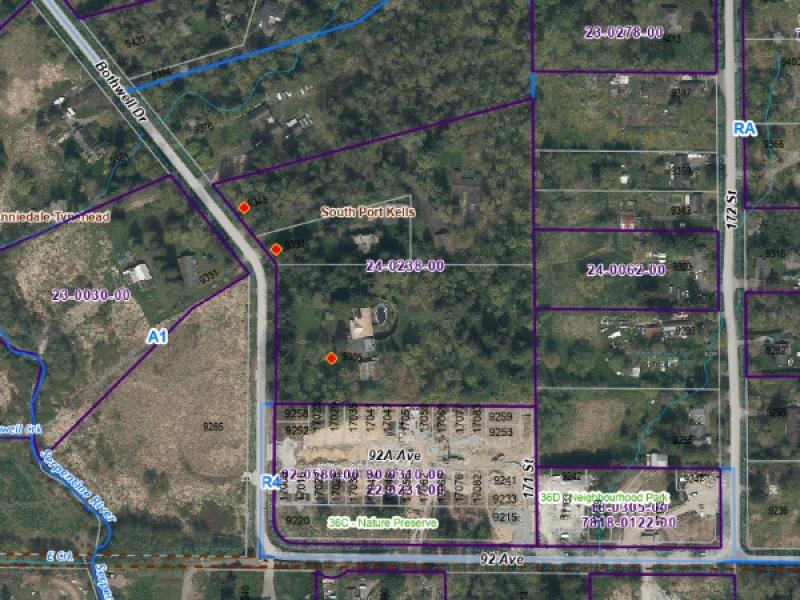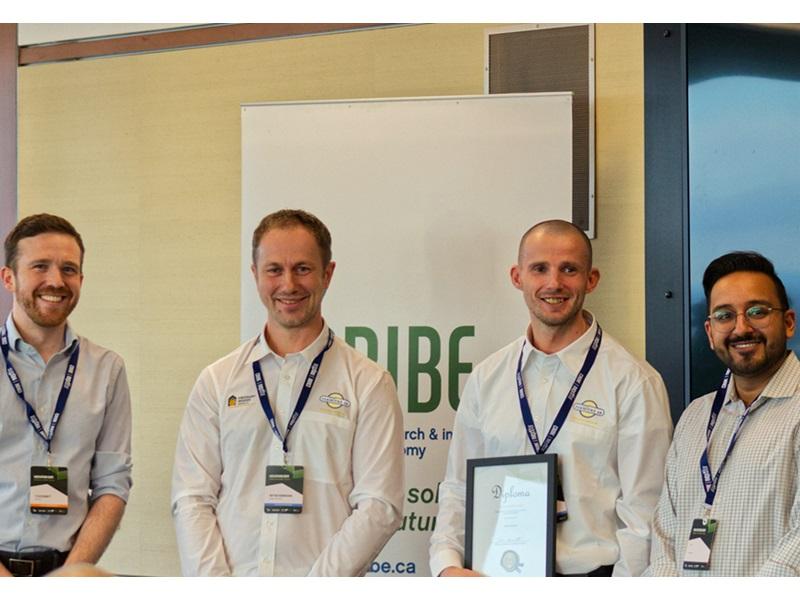
Modular or prefabricated construction continues to grow in prominence in Canada and, in the wake of the federal government’s Sept. 14 announcement of the Build Canada Homes program, it's hoped it will play a major role in addressing the country’s housing needs.
Build Canada Homes is an initiative to lead the planning, development and construction of affordable housing across the country in conjunction with industry members. It will prioritize sustainable construction using certified Canadian wood and recycled and low-emissions materials to reduce greenhouse gas emissions, ensure climate resilience and support domestic supply chains.
Expanding the use of modular housing is intended to expedite and shorten construction timelines by reducing on-site construction time and avoiding weather impacts, while also addressing cost-effectiveness and material waste.
Thus, the timing was good for an overview of the sector at the Sept. 11 Canadian Apartment Investment Conference at the Metro Toronto Convention Centre. Marcus & Millichap senior vice-president of investments James Blair moderated a panel of four executives immersed in the sector.
They explained what their respective organizations do and their roles in getting more homes built quickly and more efficiently.
Assembly Corp.
Toronto-based Assembly Corp. has been in existence for eight years and has primarily been involved in the development of six- to eight-storey mass timber buildings using standardized, prefabricated components made in a factory and assembled at the development site.
“Building our own company involves building the industry and building the sector, so sharing our learning is critical,” said chief executive officer Geoff Cape.
“That’s a mindset we do not yet have here in Canada. It's still viewed as something like a mobile home or some kind of portable that sits on a school campus, so we've got to change the way these things are perceived and experienced.”
Assembly purchased robotic manufacturing equipment from Sweden’s Lindbäcks Group earlier this year which will allow it to create 1,600 housing units per year at a new factory in Toronto’s Downsview area scheduled to open in 2026.
Cape noted 90 per cent of housing in Sweden is produced off-site using modular technology, while that number is just 2.7 per cent in Canada.
“The current crisis has forced everybody to rethink pricing, trade relationships, supply and labour,” Cape said.
“We're trying to solve the housing crisis, but what we're actually trying to do is build an industry. So this is an economic development play as much as it's a housing crisis solution plan.”
Stelumar Advanced Manufacturing Inc.
Stelumar Advanced Manufacturing Inc. is involved with: volumetric modular construction; making open wall panels for low-rise developments; and cabinet manufacturing. It combines automation, robotics and artificial intelligence to produce high-quality prefabricated components at an industrial scale.
“It's always going to be exactly how it needs to be built, and the end customer is going to experience a much better and much higher quality of living in it,” general manager Peter Hass told the audience.
Stelumar was founded by Peter Gilgan, who previously founded Mattamy Homes. The company is scheduled to open a manufacturing facility in the Greater Toronto Area next year that it claims will be the most advanced, automated and data-driven production plant of its kind in North America.
“It’s the speed that makes the biggest difference and the environment today is why we're doing this,” Hass explained.
Stelumar’s first project will be three six-storey buildings in Mississauga.
“We're using dimensional lumber,” Hass said of the project. “We can have way more insulation going within the walls than typically happens, so your embodied carbon is much lower and your ongoing carbon is way lower and also gives you a higher R value. Your sound performance is significantly higher.”
The Modular Solution and The Canadian Offsite Alliance
Toronto-based The Modular Solution is an independent group comprised of modular, prefabrication and off-site construction experts. CEO Steven Haylestrom said he’s been involved with more than six million square feet of modular development and more than 5,000 housing units across North America over the years.
“It's really, really important for people to understand that the quality is much higher in materials and everything else,” Haylestrom stressed.
Haylestrom has also launched The Canadian Offsite Alliance just a couple of months ago. The not-for-profit organization is designed to bring stakeholders in the offsite construction sector together to help move projects forward.
Canada Mortgage and Housing Corporation’s MLI Select program is looking for modular projects to finance, according to Haylestrom.
Haylestrom believes that modular construction should be involved with 30 per cent of Canadian housing starts in 10 years.
Wesgroup Properties
Vancouver-based Wesgroup Properties senior director of development Graham Brewster said a major focus of his company is how it can utilize mass timber in its structural systems.
“What we started doing was explaining in depth to the relevant stakeholders, particularly the municipal and provincial governments in B.C., what the challenges were and what the potential opportunities were,” Brewster explained. “That built a lot of trust over the last few years.”
Money going to the product and not the process is a fundamental improvement in construction methodology, according to Brewster.







